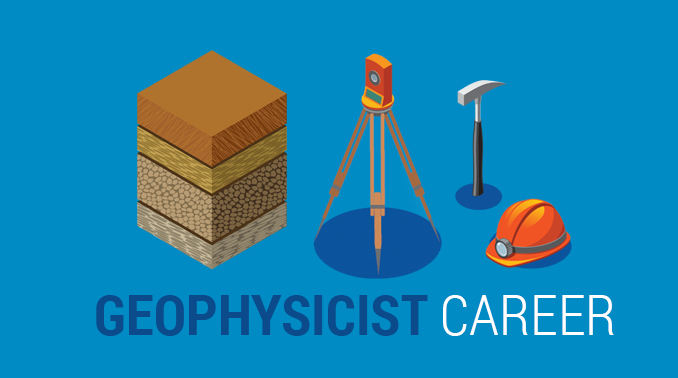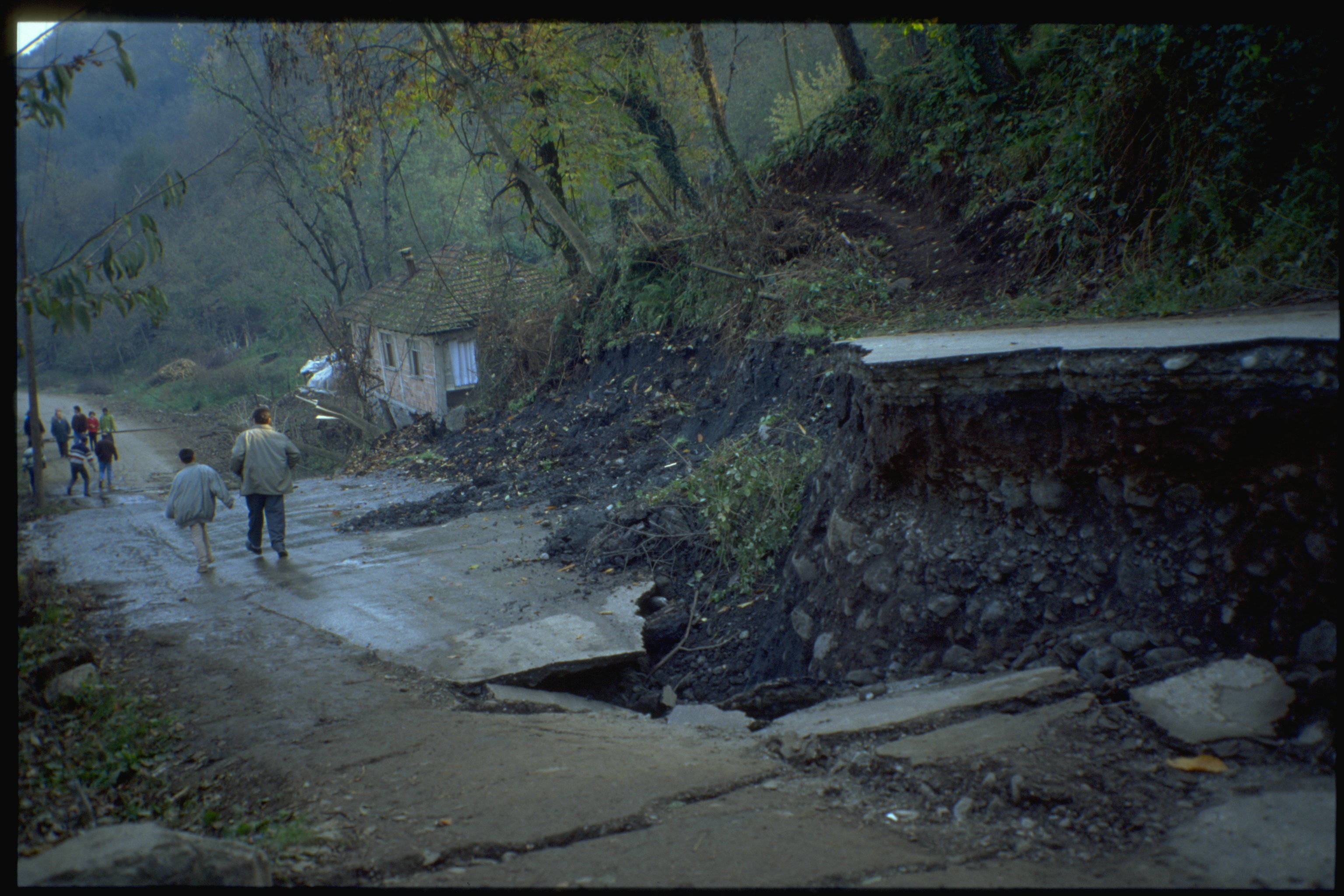All Categories
Featured
Table of Contents
Geology And Geophysics - Careers And Employment in Waikiki Australia 2023
This work is progressively contracted out, so consultancies offer another source of work. Consultancy companies differ in size, from really small business to big multinationals. Some consultancies are quite specialised in using particular geophysical methods or working in specific places, while others offer a more varied variety of services to their consumers.
The extraction of gas from land fill websites is another area of employment and this may grow in the future. Exploration companies may carry out work for building companies, water companies, mining companies and environmental agencies, so geophysicists might be used in any of these settings. Other employers consist of: geological surveysgovernment bodies and agenciesuniversities and research study institutes.


Jobs may be listed in the oil and gas sector press. Recruitment is impacted by oil rate changes and the level of competition for positions differs depending upon this. Professions Days, which cover the full range of geoscience professions and are generally participated in by a variety of key industry companies, are run by The Geological Society.
Career Guide: Geophysicist in Yokine Western Australia 2021
Some of the big oil and gas companies offer a complete two-year structured training program across the breadth of geophysics, consisting of the chance to experience work in different groups before specialising in one location. Your training might consist of deal with: existing wellsmagnetic and gravitational possible field data analysisresearchrock analysis. It's more normal for your initial training to be supplied on the task.

There may be a probationary duration throughout which you work together with a skilled associate. Competency-based appraisals occur frequently in a lot of firms. In smaller firms, and for scholastic posts, there is unlikely to be any formal training - you'll be expected to start work straightaway and choose up abilities as you go along.
If you work for a smaller sized business, you might find that you need to take obligation for arranging and funding your own advancement and training. If you have a geology degree, subscription of The Geological Society can be useful for networking and for maintaining to date with the market.
What Is A Seismic Survey? in Landsdale Australia 2023
You might also discover it helpful to join the PESGB (The Petroleum Exploration Society of Great Britain, which has a geophysics unique interest group. After a probationary duration, and as soon as you have actually acquired some experience, you could advance to senior geophysicist, then team leader and then into a senior function in management.
The ease of motion in between functions depends upon the business structure. Study at Masters or Ph, D level in a subject associated to geophysics or geosciences might aid with your profession development and progression. The employment market within the oil and gas industry is extremely reliant on price and this might impact your chances for profession development.
For knowledgeable geophysicists, freelance consultancy offers an excellent path for career development. As a geophysicist, you're likely to have a number of jobs throughout your working life.
Geophysical Investigations in Como Aus 2021
From geophysics, it's possible to focus on seismology (finishing additional training to end up being a seismic interpreter) or to move into associated areas such as engineering geology or hazard prediction.
Choosing what to study in college is a tough option. Even if you understand that your field of interest lies in science, what program of study is best for you? If you make the decision to major in physical and life sciences and pursue a profession as a geophysicist, you're getting ready for an amazing and successful occupation.
However the primary step to attaining your objective of becoming a geophysicist is earning a degree. Even for entry-level positions in the field of geoscience, you'll require a bachelor's degree (a geophysicist college degree) from a recognized college or university. Some research positions need prospects to hold master's degrees or even Ph.
An Assessment Of Geophysical Survey Techniques ... in Mariginup WA 2020
Doctoral degrees are specifically important if you plan to teach at a four-year organization. Geophysicists use physics ideas and strategies to study the gravitational, magnetic, and electric fields of the earth. This furthers scientists' knowledge of both the planet's interior core and its surface. Geophysicists must be able to: analyze rocks, pictures, and other pieces of information perform research study both in the field and in laboratories create maps and charts of their findings write reports To achieve all this, students require a specialized education for geophysicist professions.
As stated above, you'll require a bachelor's degree in geoscience or a related discipline, such as a physical science or a life sciences, to land an entry-level task. Students can likewise prepare by majoring in topics like: Biology Chemistry Computer science Engineering Mathematics Physics The above geophysicist majors provide a more generalized method to a single clinical discipline, but many programs need trainees to take one or more geology course.
Latest Posts
Bachelor's Degree In Geophysics - Degrees & Programs in Woodbridge Oz 2023
Geophysical Methods in Leederville Aus 2022
Job Profiles : Geophysicist Physics in Northbridge WA 2020